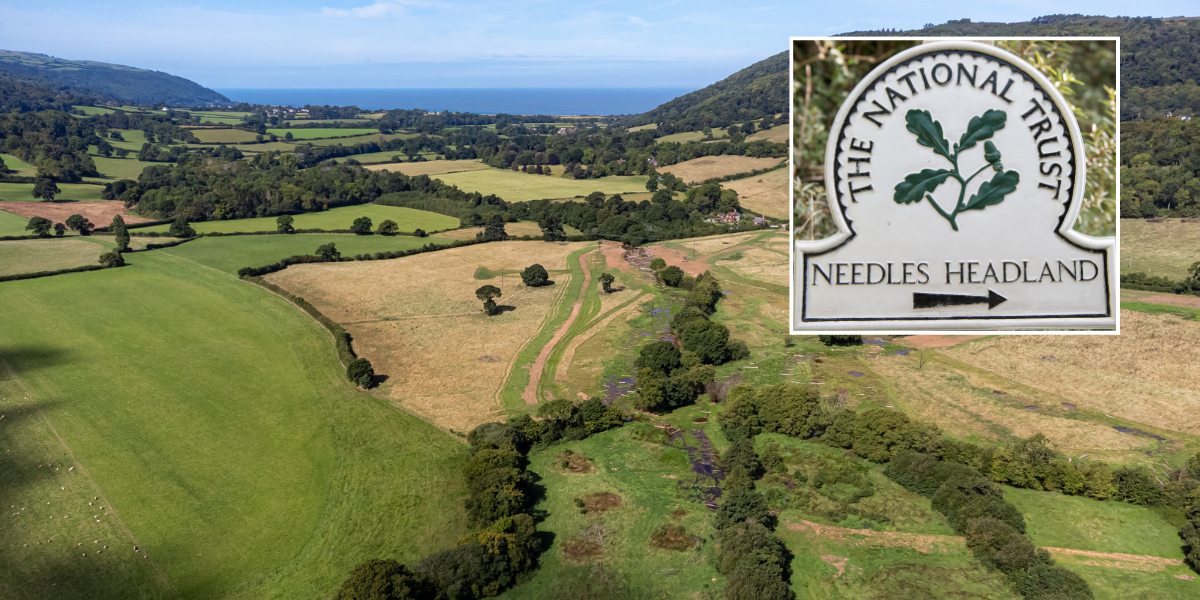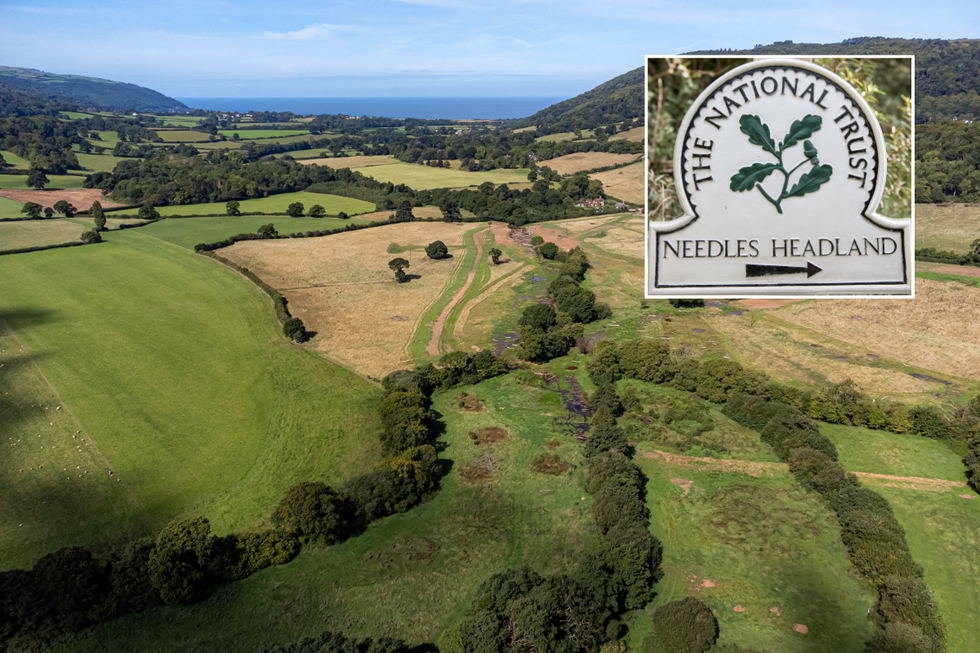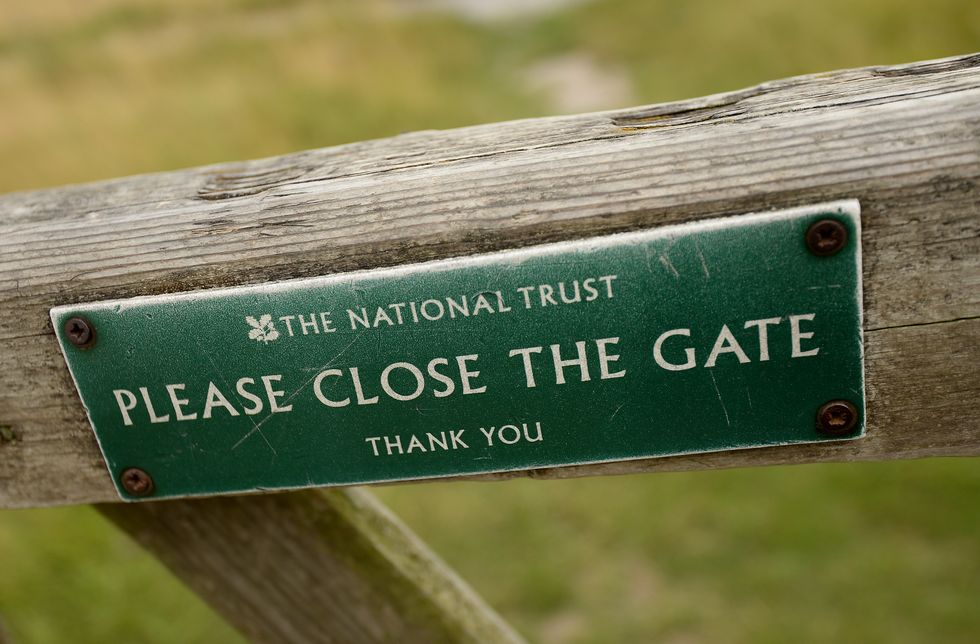
 Press Releases
Press Releases 
A wildlife charity has warned that the British countryside is a “racist colonial” white space.
Charity umbrella group Wildlife and Countryside Link made the claim in evidence provided to Parliament on racism and its influence on the natural world.
The group includes the RSPCA, WWF and National Trust.
A report by the group was sent to the all-party parliamentary group (APPG) for Race and Community, which had called for evidence on the links between “systemic racism” and climate change.

Charity umbrella group Wildlife and Countryside Link has made the claim
PA
The Telegraph said the report claimed: “Cultural barriers reflect that in the UK, it is White British cultural values that have been embedded into the design and management of green spaces, and into society’s expectations of how people should be engaging with them.”
It adds that “racist colonial legacies continue to frame nature in the UK as a ‘white space’.”
The report also claims that: “The perception that green spaces are dominated by white people can prevent people from ethnic minority backgrounds from using green spaces.”
It also makes broader claims about Britain and climate change, stating: “The UK’s role in the European colonial project has also driven the current climate and nature crises.”
LATEST DEVELOPMENTS

The National Trust has come under fire for ‘being woke’
PA
The charity group is led by Richard Benwell, the chief executive and a former Liberal Democrat prospective parliamentary candidate. Benwell worked as a policy adviser to the secretary of state for environment, food and rural affairs in 2018.
He said: “Nature should be for everyone to enjoy and to benefit from. Sadly however, the evidence shows that people of colour in the UK are more likely to live in areas with less green space and that are more heavily polluted, and at the same time are significantly less likely to visit natural spaces.
“There are multiple complex reasons behind this, as well as contemporary well-documented experiences of racism that people are still encountering.
“Access for all and addressing the barriers people are facing should be one of the guiding lights for all nature sites.”
24World Media does not take any responsibility of the information you see on this page. The content this page contains is from independent third-party content provider. If you have any concerns regarding the content, please free to write us here: contact@24worldmedia.com